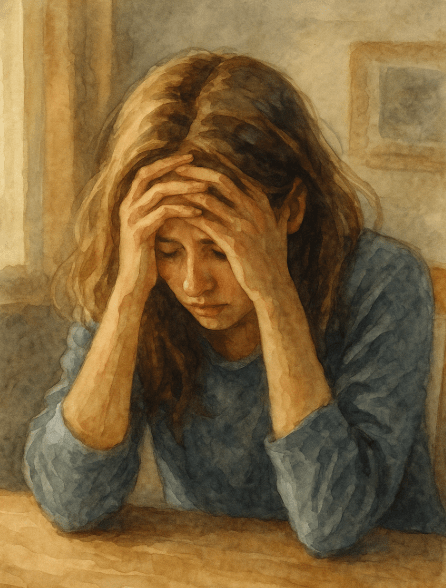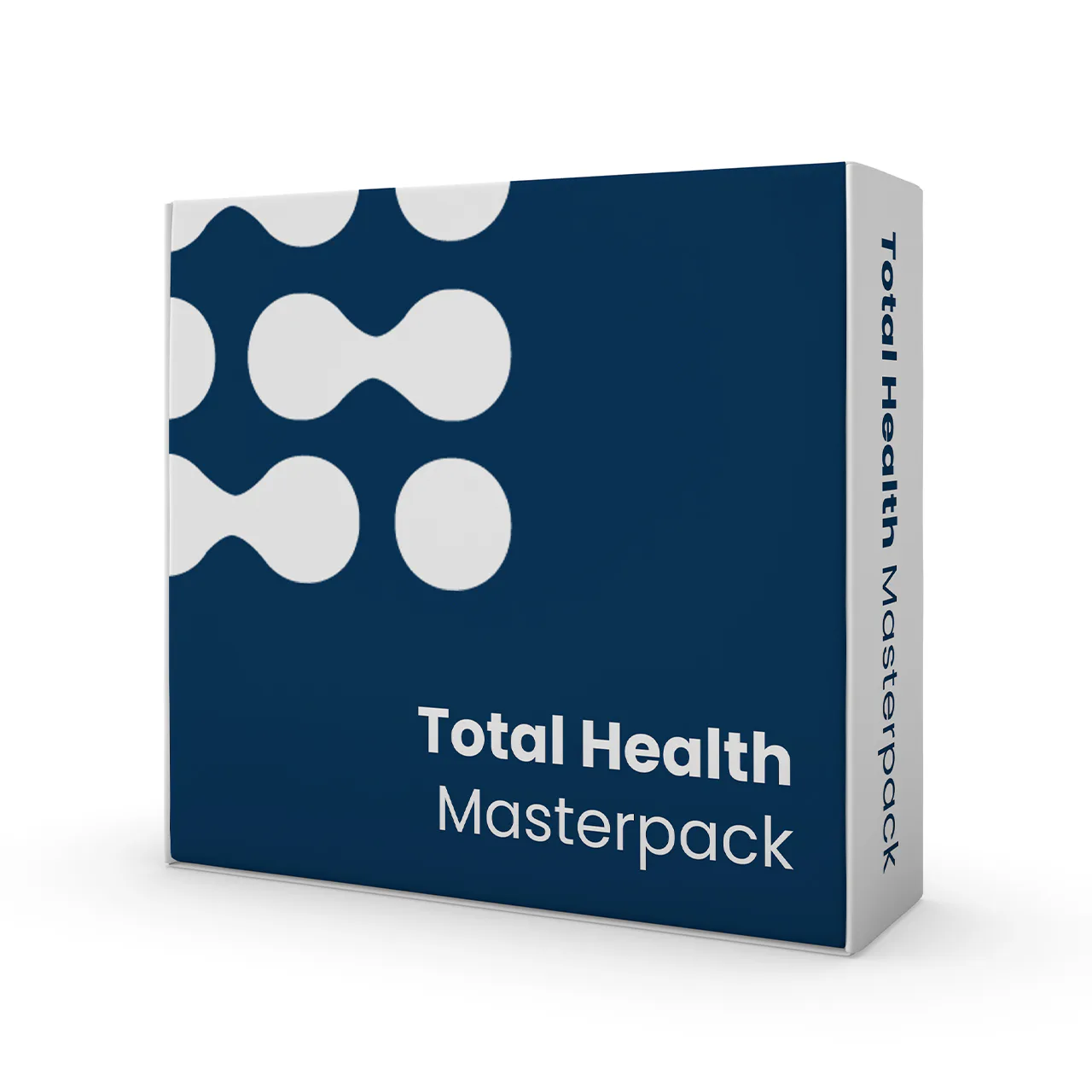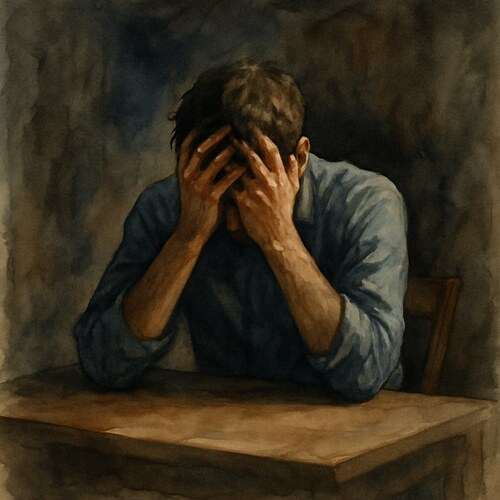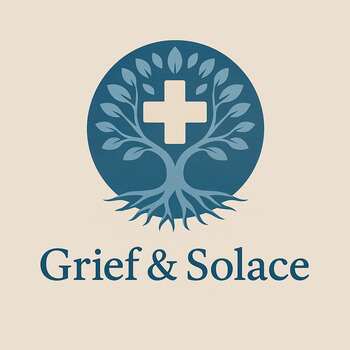Grieving Chronic Fatigue Syndrome: Mourning the Life That Slipped Away
Grief tied to chronic fatigue is quiet but brutal, mourning the person who still dreams but can no longer rise to meet the life they had planned.

This post blends real grief with grounded knowledge. It isn’t clinical. It isn’t distant. It’s meant to sit beside you—not above you. The story you’ll read is meant to reflect what so many feel when living through or witnessing this condition: confusion, exhaustion, and quiet forms of courage.
If what you read feels familiar, please speak with your doctor. Your pain deserves more than silence.
I Watched Her Sleep Through the Dreams She Once Chased
She used to radiate energy. Every morning began with invigorating runs, and her late-night sketches filled the pages of countless notebooks. Her laughter rolled through the house, vibrant and alive. She pursued her dreams with bare feet and the aroma of coffee on her breath, jotting down plans on napkins and calling friends at 2 AM to share her latest ideas. She didn’t think about slowing down, life felt too full, too *promising*.
🧠 Symptoms:
- Extreme fatigue that worsens after physical, emotional, or mental effort (post-exertional malaise)
- Cognitive difficulties: memory lapses, poor concentration (“brain fog”)
- Dizziness or lightheadedness, especially when moving from lying down to standing (orthostatic intolerance)
- Unrefreshing sleep: waking up feeling as tired as before sleeping
- Muscle and joint pain, headaches, sore throat, tender lymph nodes
- Sensory sensitivity: light, sound, smells, food, or medications
- Symptoms vary by person and intensity may fluctuate daily. Many are housebound or bedridden during flares.
And then, she found herself unable to rise from bed…
Not just once or twice, but every single day. It wasn’t burnout, nor could it be labeled as depression, not in the beginning. It was as if her body transformed into quicksand, making simple movements a Herculean task. She would wake up already exhausted. The act of showering felt like running a marathon. A quick trip to the grocery store drained her energy for an entire week.
She fought against it. Oh, how she fought. She drank more water, took her vitamins, practiced yoga, and smiled at well-meaning friends who suggested, “Maybe you just need to get moving again…” And then, she would crash hard. That was the part no one seemed to grasp, *post-exertional malaise*. Even moments of joy came at a steep cost; one good day could rob her of three more.
Complications:
- Disability: Some patients are too fatigued to work, attend school, or care for themselves
- Isolation: From physical limitations and misunderstood symptoms
- Depression and anxiety: Common but often secondary to disease, not causative
- Wheelchair use: May be required during severe flares
- Frustration with medical care: Due to stigma or lack of clear diagnostic path
Causes:
- Unknown exact cause, but likely multifactorial:
- Genetics: Some families show higher rates
- Post-infection: May follow viral/bacterial illness
- Physical or emotional trauma
- Mitochondrial dysfunction: Difficulty converting energy from food
The brain fog was especially cruel. She’d stumble mid-sentence, standing in her kitchen momentarily lost, or call a friend only to forget what she wanted to say. At first, people teased her gently…“Getting old already, huh?” She would chuckle along, But behind her eyes, a light was fading.
Doctors conducted tests: bloodwork, and scans, and everything looked normal. They assured her she was fine. But deep down, she knew otherwise.
Eventually, she stopped trying to explain. Instead, she began to lie, saying things like, “I’m just tired,” “It’s been a long week,” or “I think I might be coming down with something.” Chronic fatigue doesn’t always present itself as complete collapse; for her, it was a composed appearance, brushed hair, soft smile, and eyes that lingered closed just a fraction too long between blinks.
She missed birthdays and concerts for which she had bought tickets months beforehand. She mourned the version of herself that used to *live* fully. Most painfully, she missed being believed.
Yet, she’s gradually learning. She’s discovering that pacing oneself is a form of strength, that rest is not a sign of weakness, and that the power of saying “no” reflects true resilience. Her body is not broken; it’s merely weary of battling without the support it needs.
Risk Factors:
- Age: Most common in young to middle-aged adults
- Sex: More frequently diagnosed in women
- Pre-existing conditions: Fibromyalgia, IBS, POTS
- Stress or trauma history: Physical or psychological
She continues to dream, even if the chase has changed shape. And now, when she smiles, it carries a gentler warmth, not because the fire has extinguished, but because it burns slower, steadier, and in its own time.
📘 Diagnosis & Treatment
Diagnosis:
There is no single test to confirm ME/CFS. Diagnosis is based on exclusion and careful symptom analysis.
Common exclusions:
- Sleep disorders (e.g., apnea, restless leg)
- Thyroid issues, anemia, diabetes
- Depression or anxiety as primary cause
- Diagnostic Criteria (Institute of Medicine):
- Severe fatigue lasting 6+ months, new in onset, not improved with rest
- Post-exertional malaise
- Unrefreshing sleep
- PLUS at least one of:
- Cognitive impairment
- Orthostatic intolerance
Treatment:
There is no cure for ME/CFS. Treatment focuses on symptom relief and energy management.
Medications:
- Pain relief: NSAIDs, gabapentin, duloxetine, amitriptyline
- Orthostatic support: Beta blockers, fludrocortisone
- Sleep aid: Low-dose antidepressants or sleep hygiene support
- Depression support: SSRI or therapy as needed
- Activity Management (Pacing):
Avoid “boom and bust” cycles - Keep symptom diary to track exertion limits
- Goal is not full return to baseline—but to reduce relapses
- Sleep Support:
Caffeine limits - Sleep routine adjustments
- Treatment for sleep disorders (e.g., CPAP for apnea)
Mental Health Support:
- Counseling for adjustment, grief, and resilience
- CBT (used cautiously—should not deny the physical basis of ME/CFS)
- Alternative Approaches:
Many patients try supplements or complementary therapies - Evidence is limited—care must be taken due to medication sensitivity
- Living With ME/CFS:
Support groups can offer connection, education, and resources - Routine and boundaries help reduce flares
- Planning ahead: Doctors’ visits, events, or stressors may require rest days
- Communication: Help family and employers understand energy limits
I know this is heavy, and I understand that the road ahead may feel like a tangle of loss and unanswered questions. But please hear this: you are not broken because you are hurting; you are not weak because you are afraid. You are living through something real, and survival itself is a kind of grace. You are allowed to struggle, you are allowed to hope, and you are allowed to not have all the answers today. Whatever comes next, you do not face it empty-handed; you carry every moment of love that shaped you, and that will always be enough to keep going.
🎀 Gifts to help With Chronic Fatigue
🏥 Everyday Comforts for Everyday Battles
Managing Chronic Fatigue often means needing a little extra help.
Sometimes it’s about restoring dignity, ease, or simply getting through the day with less pain.
These carefully chosen tools aren’t just items; they’re small bridges back to living.
This section is about finding practical support, never shame.
Adjustable Overbed Table – Support When Getting Up Costs Too Much
With chronic fatigue, even sitting upright can drain your energy reserves. This overbed table brings meals, laptops, and daily essentials within arm’s reach—allowing for rest without total surrender. It’s not indulgent. It’s survival. A tool that says: You can still do things. Just from where you are.
🌿 Paths to Healing Beyond the Map
Sometimes traditional medicine isn’t enough.
If you’re exploring gentle, alternative options to help with Chronic Fatigue,
you might find comfort in plant-based compounds like **CBD or CBG**.
*This section is not medical advice, just a door left open.*
USA Medical Total Support Pack – Gentle Reinforcement for a Body That’s Always Empty
CFS doesn’t respond to sleep. It’s exhaustion that no amount of rest cures. The Total Support Pack blends CBD, stress relief, sleep support, and gentle immunity aid to help ease the edge of constant depletion. It’s not a fix—but it offers small reinforcements to a system that feels permanently low-battery. For those who need help getting through the next hour, not the next year.
Need a Different Path Forward?
Every journey through grief looks different. Choose the next step that speaks to where you are now:
When You're Ready to Start Healing
Healing doesn’t mean forgetting.
It means finding small ways to carry your grief with strength and grace.
These are the stories, tools, and gentle steps to begin walking forward…at your own pace.
When You're Still in the Thick of It
Sometimes healing feels like a lie.
If you’re not ready to move on…if the pain still roars louder than the world wants to hear…this is the place where you’re allowed to feel it.
No sugarcoating. No pretending. Just truth.
When You're Holding on to Who’s Still Here
Grief reminds us to love louder.
If someone you love is still with you, this is your place to celebrate them, honor them, and create new memories while there’s still time.
Joy and sorrow can live side by side.






